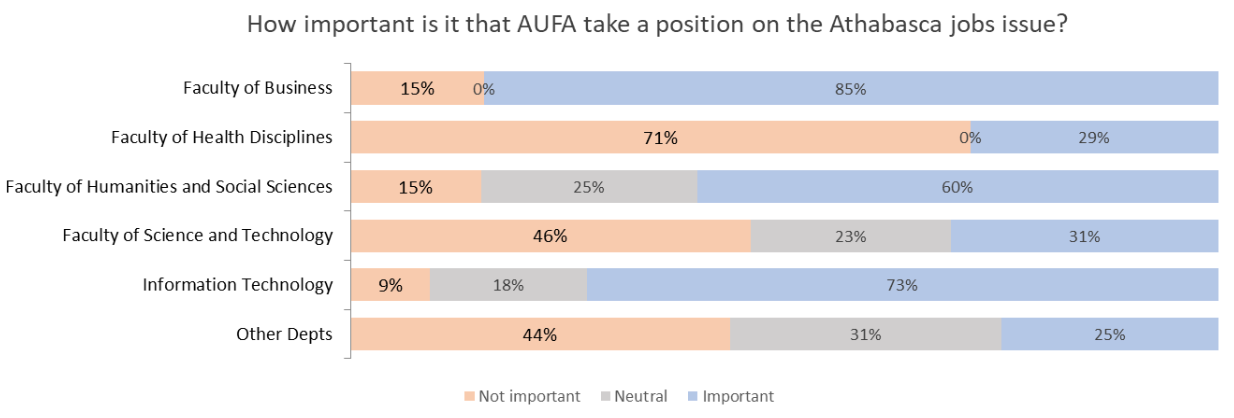The Faculty of Humanities and Social Sciences (FHSS) is hosting a symposium September 22-23, 2022. The Dean’s Office has promoted this event as an opportunity for FHSS to reconnect after a long hiatus, in order to build community and a sense of belonging. However, the lack of directives to make the event safer and more accessible to those who want to participate is at odds with this goal.
Human Resources has provided no preventative measures related to COVID-19 to be implemented, other than asking those with symptoms to stay home. Preventative measures can include providing and requiring N95 masks, providing HEPA filtration in conference rooms, opening windows, and providing rapid tests to attendees. Requiring all attendees to wear masks and having rapid tests available is a small price to pay to facilitate broader participation.
Although several members have repeatedly asked about additional preventative measures, the Office of the Dean of FHSS and HR have only agreed to meet the lowest bar possible, as required by Alberta Health Facilities and federal health authorities. Other academic conferences have shown leadership in this area and have taken measures to both ensure better accessibility and protect attendees. For example, last month the American Sociological Association required vaccination, masking, and provided rapid tests for attendees at their conference. Instead of providing these sensible and minimally intrusive requirements, the Office of the Dean has stated that those who “have concerns about large gatherings” should attend virtually.
Despite the lack of public health measures at the provincial and federal level, COVID-19 continues to be a public health issue. In many places, COVID-related deaths this year have exceeded those from last year (for example, Ottawa). COVID continues to exact a high toll, causing hospitalizations, missed work, and deaths that disproportionately affect BIPOC, disabled, older, and low-income people who are more exposed and less protected. In Alberta, COVID deaths continue to rise, and health experts are predicting a fall surge in COVID cases.
For reasons of equity and workplace safety, AUFA and the undersigned are now asking FHSS to voluntarily adopt preventative measures to both encourage wider accessibility, and to prioritize the health and wellbeing of our colleagues and their families who are immunocompromised, disabled, or caring for those who are not able to be vaccinated or who are at increased risk. These measures will allow greater participation for members, foster community, and protect everyone who will be attending or working at the event. To fail to provide these measures is to facilitate further exclusions.
While this conference is for FHSS members, the symposium guidelines can set a precedent across faculties. We invite you to sign this AUFA petition to require preventative measures for the Symposium.
Resources:
A blog post by a well-known writer, educator and trainer for transformative justice and disability justice Mia Mingus about the difficulty for disabled people to navigate pandemic while preventative measures are made options (CW: death): https://leavingevidence.wordpress.com/2022/01/16/you-are-not-entitled-to-our-deaths-covid-abled-supremacy-interdependence/
A Twitter thread by Stephanie Tait (@StephTaitWrites), a disability inclusion specialist, about the downloading of risk onto high risk people: https://twitter.com/StephTaitWrites/status/1567593587109666816?s=20&t=diBYBIgz9kq15DAQmd_miQ
An NPR article about the experiences of disabled people: https://www.npr.org/2022/07/14/1109874420/covid-safety-disabled-people-immunocompromised









